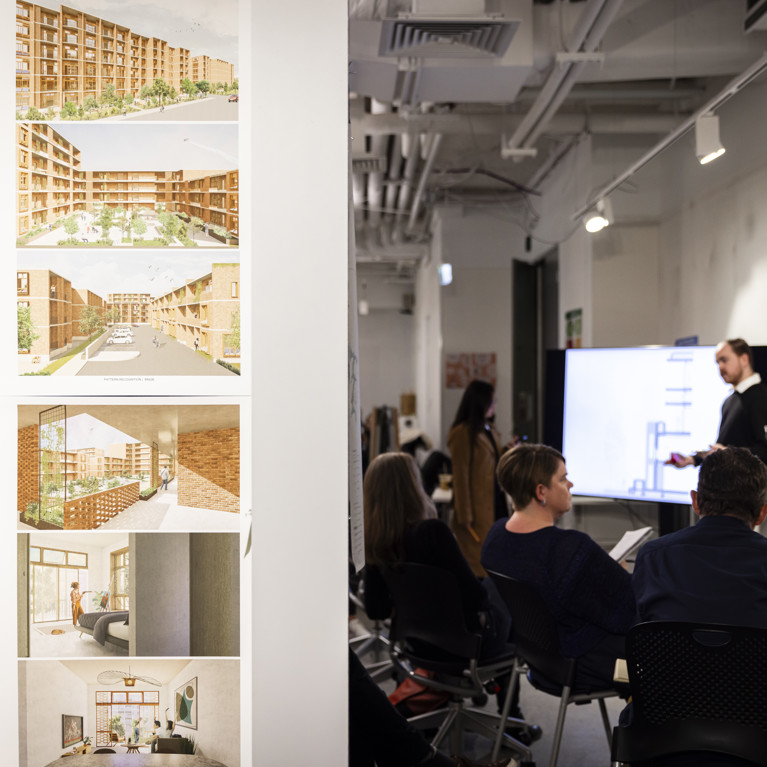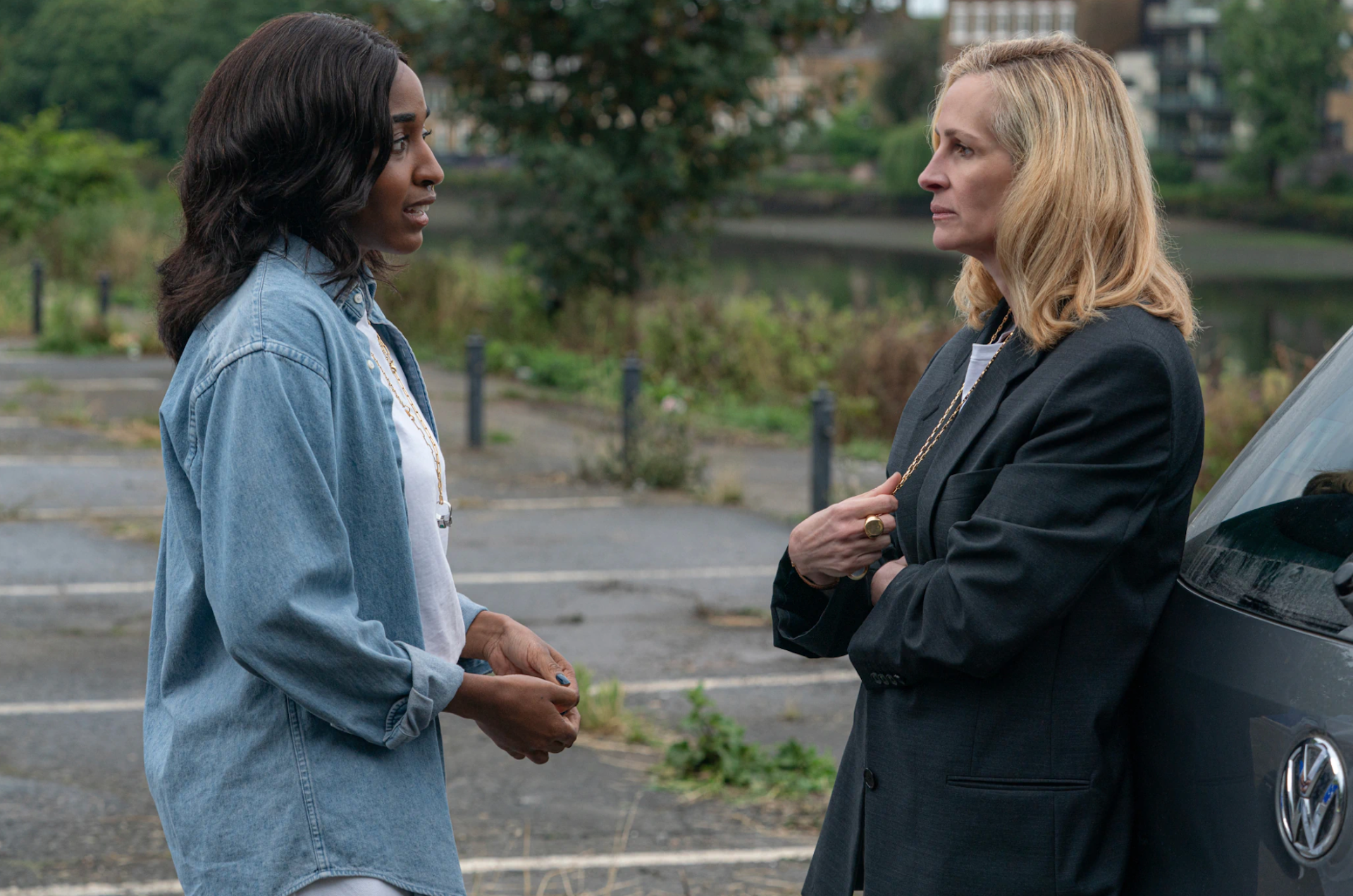Be part of the future
The Faculty of Design and Society is a vibrant community of more than 200 researchers working across diverse disciplines. Our research tackles real-world challenges in partnership with industry and communities. We value both traditional and creative forms of research to advance UTS’s commitment to connected, globally impactful work that protects and enhances our environment and advances social justice and equity.
Our research centres
With outcomes spanning traditional exploratory research, industry-focused problem-solving, and renowned creative practice, our researchers aim to lead the design and society sectors towards a more innovative and resilient future.
The Australian Centre for Public History (ACPH) is a critical hub for public history in Australia.
The Centre for Media Transition (CMT) is an applied research unit based at the University of Technology Sydney (UTS). Launched in 2017, the CMT is an interdisciplinary initiative of the Faculty of Arts and Social Sciences and the Faculty of Law.
We explore the dynamic relationship between technology and learning – across formal, informal, and professional education contexts throughout the lifespan.
Contributing to understanding and shaping transformations in the way societies interact with energy, technology and the living environment.
At the UTS Visualisation Institute, we unite cross-disciplinary expertise to create data visualisations and immersive stories that inspire change. Grounded in human-centred design and ethical research, we collaborate across sectors to ensure our insights drive real-world impact.

Research by discipline
Our research aims to transform architecture through innovations in design, technology and urbanism.
Our researchers address problems, enrich public understanding, and inform solutions in our complex, technology-saturated, dynamic world.
We provide collaborative specialist research in property, planning, design, architecture and digital disciplines.
Our research approach is flexible, collaborating with industry, government and the community on design thinking, spatial design, memory and technology, and design as material culture.
Our research advances knowledge in cultural studies, criminology, international studies, languages, education, and studies of professional practice.
Research degrees
Discover the extensive masters and doctorate degrees available and be mentored by leading academics in the field.






